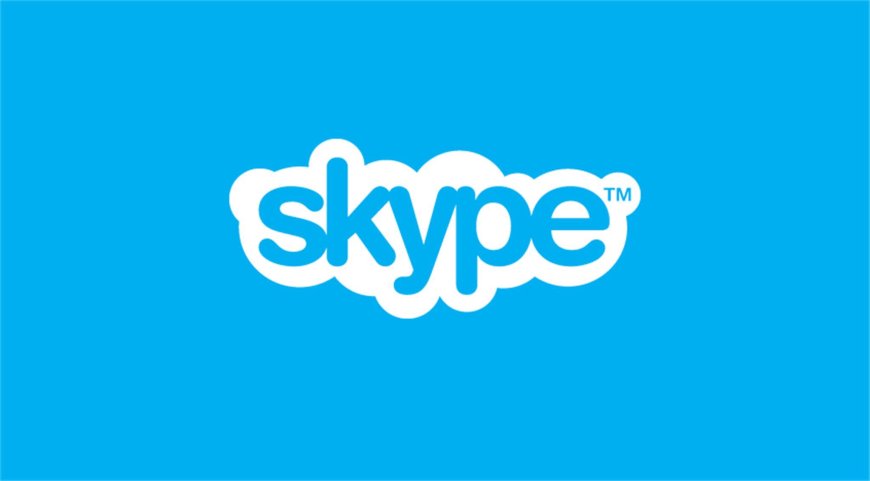Why Microsoft has Shut Down Skype
Explore the reasons behind Skype’s shutdown in 2025, from rising competition to Microsoft Teams’ rise, and its lasting impact on digital communication.

Launched in 2003 by Estonian developers, Skype revolutionized digital communication by enabling free voice and video calls over the internet. Its peer-to-peer (P2P) architecture allowed for efficient data transmission, making it a popular choice for users worldwide. In 2011, Microsoft acquired Skype for $8.5 billion, aiming to integrate its capabilities into its suite of services.
Factors Leading to Skype's Shutdown
1. Rise of Competitors
The emergence of platforms like Zoom, WhatsApp, FaceTime, and Google Meet offered users alternative communication tools with enhanced features and user experiences. These platforms quickly gained popularity, leading to a decline in Skype's user base. According to a Business Insider report, Skype's daily users had dwindled to approximately 36 million by 2023.
2. Shift to Microsoft Teams
Microsoft introduced Teams in 2017 as a collaboration platform integrating chat, video conferencing, and file sharing. Recognizing the growing demand for integrated communication tools, especially in professional settings, Microsoft began prioritizing Teams over Skype. A Houston Chronicle article notes that this strategic shift led to reduced updates and support for Skype, further accelerating its decline.
3. Technical Limitations
Skype's original P2P infrastructure, while innovative at launch, became a liability in the era of mobile computing and cloud services. As The Verge explains, the architecture was less adaptable to modern requirements, leading to performance issues and hindering the implementation of new features.
4. User Experience Challenges
Over time, Skype faced criticism for its interface changes, technical glitches, and inconsistent performance. These issues eroded user trust and satisfaction, prompting many to seek alternative platforms that offered more reliable and user-friendly experiences.
Transition to Microsoft Teams
In anticipation of Skype's shutdown, Microsoft facilitated a transition path for users to migrate to Teams. Users could transfer their contacts and chat histories, ensuring continuity in their communication activities. Teams offers a free version with features akin to Skype, including messaging, video calls, and file sharing. However, certain functionalities, such as traditional phone-call features, are not included in the free tier, as discussed in the Houston Chronicle coverage.
Legacy and Impact
Skype's influence on digital communication is undeniable. It democratized access to voice and video calls, connecting people across the globe. While its prominence has waned, the innovations it introduced laid the groundwork for the modern communication tools we use today. As reflected in a tribute by The Verge, Skype reshaped how the world connects.



 Utej
Utej 





